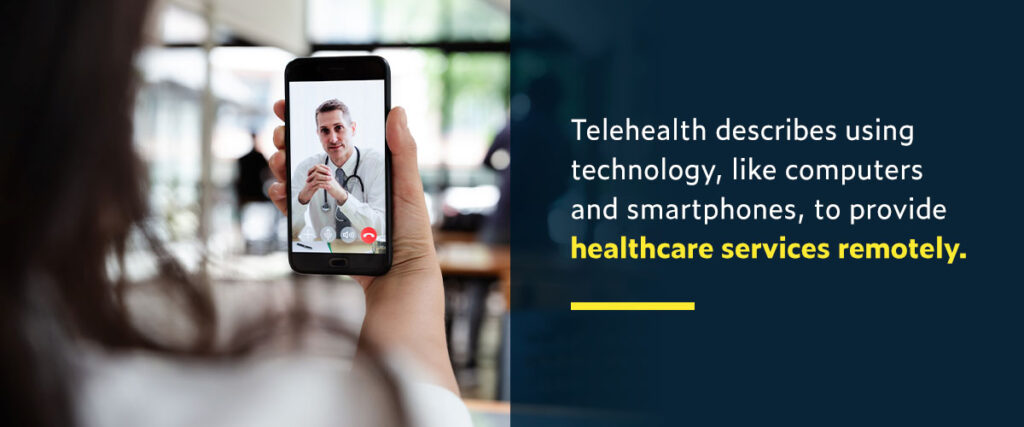Subscription Based Healthcare: Changing the Way We Think Of Health
Subscription Based Healthcare: Changing the Way We Think Of Health
Blog Article
The Rise of Subscription-Based Medical Care and Its Influence on Individual Care
As healthcare advances, the subscription-based model is gaining grip, guaranteeing to revolutionize individual treatment by providing predictability and access. The capacity for these versions to reshape medical care shipment increases pressing questions concerning their long-lasting sustainability and inclusivity. Are these subscription solutions the future of healthcare, or do they take the chance of leaving at risk populations behind?
Understanding Membership Health Care Models
Realizing the concept of membership health care designs involves taking a look at a transformative technique to clinical services that stresses price and accessibility. These versions, commonly referred to as direct health care (DPC) or concierge medication, have arised as cutting-edge alternatives to traditional fee-for-service health care systems. Subscription health care permits individuals to pay a set month-to-month or annual cost for a specified collection of clinical services, which may consist of endless workplace check outs, routine exams, and fundamental lab examinations, without the requirement for standard insurance invoicing.
The framework of subscription medical care designs is created to enhance person treatment by eliminating third-party payers and intricate billing codes, thereby minimizing management burdens. Doctor can focus a lot more on individual care, cultivating more powerful patient-provider partnerships. This version also advertises preventative care by encouraging regular gos to, as the economic challenge of per-visit fees is removed.
The membership model frequently encourages medical care companies to handle smaller client panels, permitting even more individualized treatment. It lines up economic motivations with individual health outcomes, as providers are motivated to maintain individual contentment and wellness. In general, understanding subscription medical care models needs recognizing their potential to improve exactly how treatment is delivered and accessed.
Benefits for Companies and clients

With a stable income stream, medical care experts can dedicate even more time to each client, leading to a much more thorough and individualized treatment experience. The focus on precautionary care within registration strategies can lead to much better client results and decreased long-lasting health care expenses.
Challenges and Worries
While subscription-based medical care versions existing numerous advantages, they likewise come with a collection of challenges and worries that need to be resolved. This elevates honest concerns concerning fair access to healthcare services.
Financial sustainability of subscription-based models is an additional worry. Providers must balance the fixed revenue from memberships with the variable prices of medical care services, which may vary as a result of unexpected clinical requirements. This can create pressure to limit solutions or increase charges, potentially impacting patient complete satisfaction and care high quality.
Moreover, regulatory oversight of subscription-based medical care models is still advancing. The absence of standardized frameworks can lead to irregular solution top quality and responsibility, making complex efforts to make certain person defense. The assimilation of modern technology-- frequently a cornerstone of these designs-- elevates inquiries concerning information personal privacy and safety and security, as delicate person information might be vulnerable to violations. Addressing these difficulties is essential for the effective and fair implementation of subscription-based health care.
Effect On Patient-Doctor Relationships
One significant impact of subscription-based medical care designs on patient-doctor partnerships is the capacity for enhanced continuity and individualized treatment. By adopting a registration model, doctors can manage a smaller person panel, allowing for even more dedicated time with each individual. This enhanced accessibility promotes a deeper understanding of an individual's medical background, way of life, and preferences, enabling more tailored treatment plans and interventions.

Nonetheless, it is crucial to recognize that while subscription-based models may profit those that can manage them, they can unintentionally broaden medical care differences. People who are unable to participate in these designs may experience lower accessibility to personalized care, potentially impacting their partnerships with healthcare providers. Thus, while the subscription version offers encouraging advantages for patient-doctor partnerships, it also presents difficulties that need to be addressed to ensure fair medical care gain access to.
Future of Medical Care Gain Access To

The function of modern technology can not be overlooked in this change. Telemedicine platforms and electronic health records promote seamless communication in between clients and doctor, damaging down geographical and logistical barriers. Furthermore, developments in expert system and information analytics can better customize treatment by forecasting individual needs and maximizing therapy strategies.
Nevertheless, the future of health care accessibility likewise presents challenges, such as making sure equity throughout different socio-economic teams. Policymakers and medical care providers should collaborate to link the electronic divide, making sure that subscription-based versions remain comprehensive and economical. As these systems develop, they hold the pledge of making medical care more obtainable, efficient, and patient-centric.
Final Thought
Subscription-based healthcare Visit This Link versions are reshaping person care by offering a steady expense framework and enhancing ease of access. These models reinforce patient-provider relationships with customized care and normal gos to, emphasizing preventative health. Despite these advantages, challenges such as access issues for low-income populaces and the need for fair health care services persist. The increase of subscription-based health care motivates proactive person engagement, which has the prospective to boost individual outcomes and satisfaction, signifying a transformative shift in healthcare shipment.
As medical care evolves, the subscription-based design is obtaining traction, promising to change client care pop over to this web-site by using predictability and ease of access.Subscription-based medical care models provide distinct advantages for both clients and companies, improving the overall healthcare experience.As medical care systems advance, the future of healthcare accessibility regularly pivots on the integration of innovative models and modern technologies.Subscription-based medical care designs are reshaping client care by giving a steady price structure and enhancing ease of access. The increase of subscription-based health care encourages aggressive person engagement, which has the possible to improve person outcomes and fulfillment, useful content signifying a transformative change in health care distribution.
Report this page